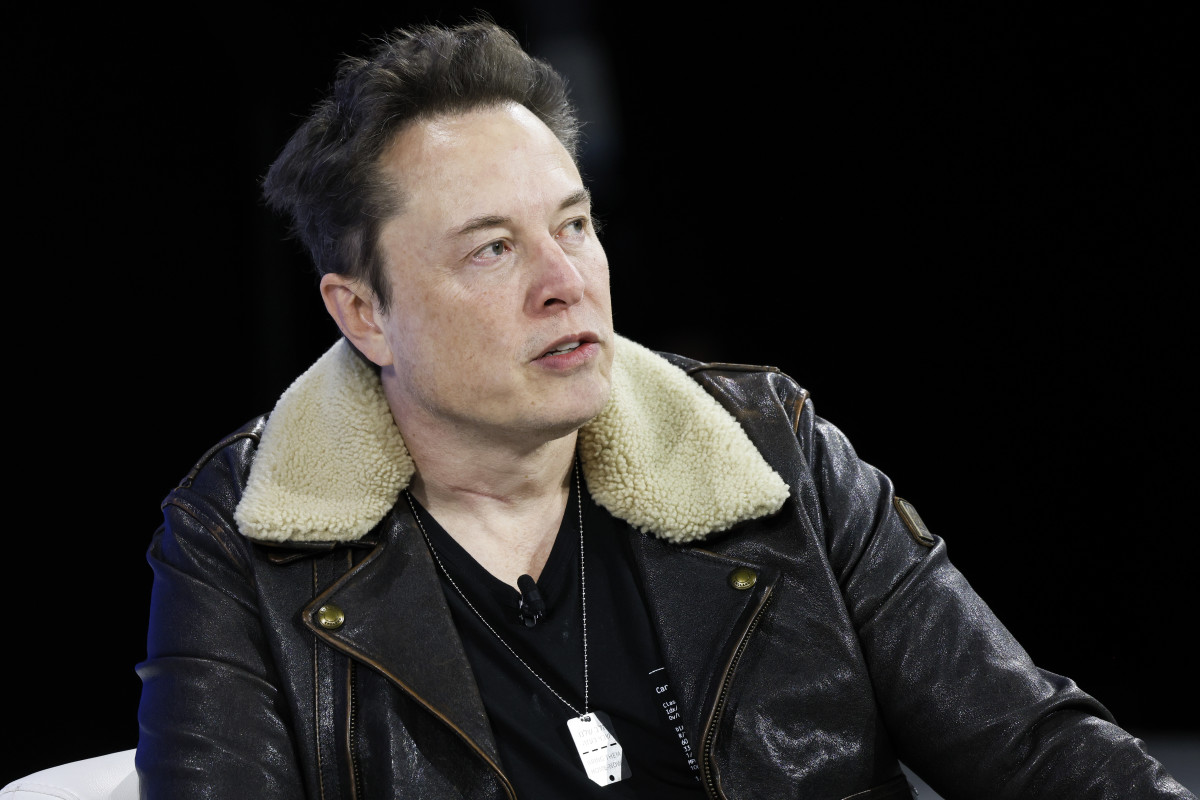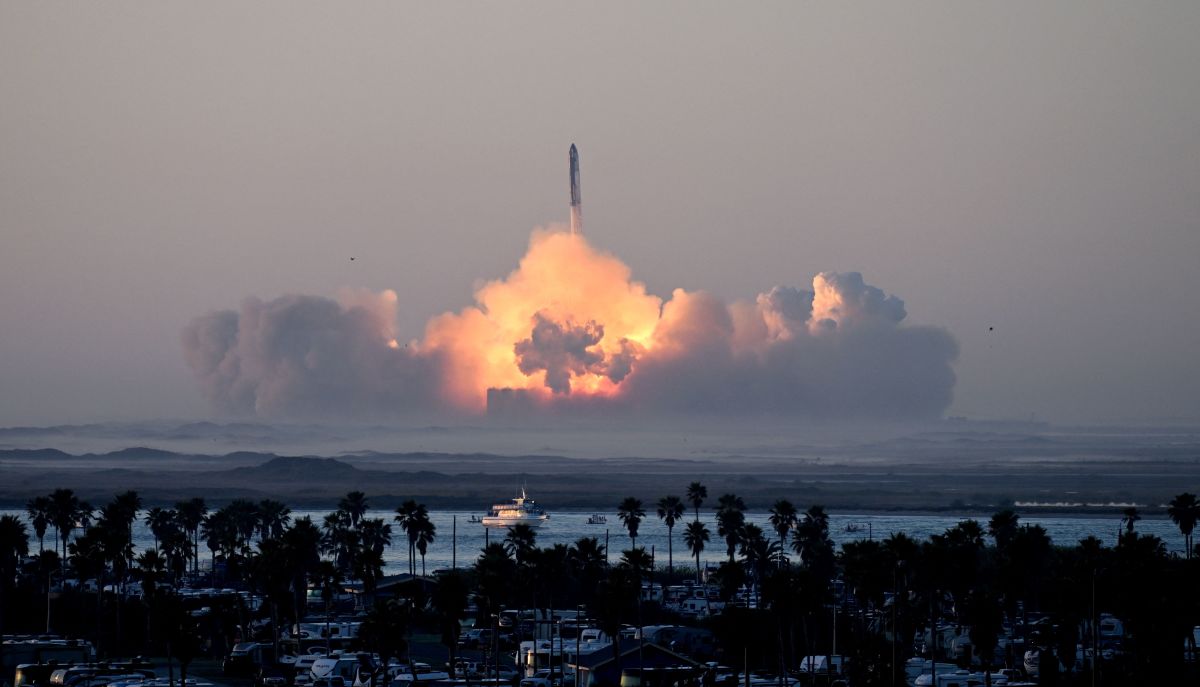
Elon Musk's SpaceX, based on a secondary share sale, has achieved a $180 billion valuation, first reported by Bloomberg.
The company, according to sources familiar with the matter, is in the process of making a deal with investors to purchase stock in SpaceX at a price of $97 per share. The offer is expected to close in January.
Related: Cathie Wood unveils bold multi-billion-dollar thesis for SpaceX
The $97 share price represents a significant increase from SpaceX's previous secondary share sale in July, when the company achieved a $150 billion valuation after selling stock at $81 per share.
This latest valuation — a 20% increase from its July numbers — reinforces SpaceX as one of the most valuable privately-traded companies in the country.
It is now even valued above many of its publicly traded peers; Boeing (BA) -), a top U.S. defense contractor, has a market cap of $150 billion, and aerospace contractor Northrop Grumman (NOC) -), a market cap of $73 billion.
Even Tesla (TSLA) -), which boasts a market cap of $760 billion, was valued in 2020 between $200 billion and $300 billion, a valuation SpaceX is fast approaching.
SpaceX did not return TheStreet's request for comment.
Related: The critical differences between Elon Musk's first and second Starship flight
Why investors like SpaceX
The bulk of investor excitement around the opportunity of SpaceX revolves around its Starlink satellite constellation, which boasts more than 5,000 satellites and more than two million users.
Ron Baron, a prominent Tesla and SpaceX investor, thinks that Starlink will spin-off and IPO within the next three years, a move that he said will send the company's valuation soaring to $300 billion. Baron thinks that SpaceX will be worth at least $500 billion by 2030.
Cathie Wood of Ark Invest likewise believes that the satellite internet market represents a $100 billion annual opportunity; SpaceX, she thinks, is poised to take the lion's share of that market.
Still, Musk's satellite constellation has not only been a source of good news.

As it has continued to expand, Musk has come under fire for his unelected, though no less powerful geopolitical role in the conduct of the war between Ukraine and Russia; after granting the Ukrainian government access to Starlink, Musk refused the military's request to grant access through Crimea last year due to his concern about the impact of a potential Ukrainian offensive there.
Wood additionally expects that, once Musk can figure out all the kinks with his Starship project, SpaceX will be facing a "$270 billion annual revenue opportunity for point-to-point transportation."
SpaceX launched Starship on its second test flight of the year last month. The rocket flew more than seven minutes this time before self-destructing at the edge of space.
Contact Ian with tips via email, ian.krietzberg@thearenagroup.net, or Signal 732-804-1223.
Get exclusive access to portfolio managers’ stock picks and proven investing strategies with Real Money Pro. Get started now.







